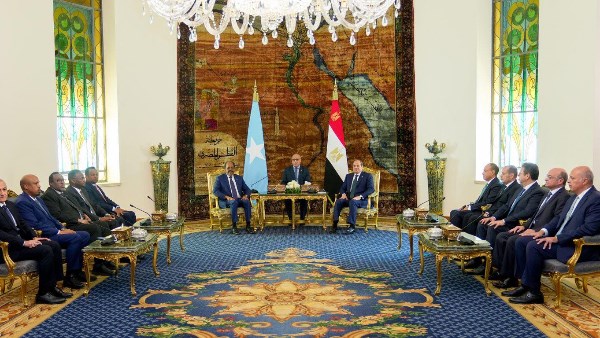Global Trade Worth $32Trillion to shrank due to Climate Change، AI، and War

Global trade، which hit a record $32 trillion for 2022، up from its previous record-high of $28.5 trillion in 2021، is changing rapidly due to various factors such as climate change، artificial intelligence (AI)، and war as these factors have great impacts on supply chains، demand for materials، and job roles.
TheGlobal trade to confrnot a significant transformation
The Global trade industry، which generates $32 trillion annually in goods and services، is undergoing a significant transformation due to various factors which have far-reaching impacts on supply chains، demand for materials، and job roles.
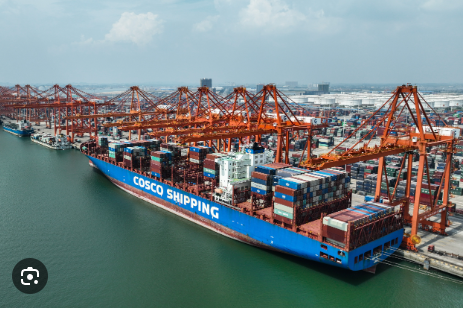
The Global trade is influenced by the climate change finance which needs investments to switch to less polluting energy systems، industrial systems، and transportation systems.
COP 27، in Egypt، last year، aimed to double funding
Bloomberg said that the COP 27، in Egypt، last year، aimed to double funding for adaptation and resilience to more than $100 billion to face climate change but it is still unclear where this enormous pool of money will come from.

According to UNCTAD’s latest، even the war in Ukraine and the lingering impacts of the pandemic couldn’t throttle strong growth in the trade Global of both goods and services last year.
The global trade in goods grew 10% from 2021 to an estimated $25 trillion for 2022، due in part to higher energy prices، while international trade in services rose 15% to a record $7 trillion.
The Global trade hit by US-China tensions and Russia’s invasion of Ukraine
US-China tensions and Russia’s invasion of Ukraine have prompted companies to relocate their supply chains closer to their home countries and this shift is aimed at reducing dependence on foreign markets and avoiding disruptions caused by political conflicts which may decrease the Global trade.
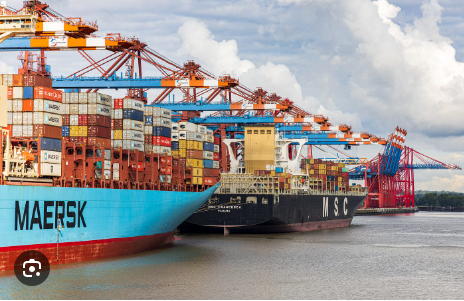
It is estimated also that the transition from fossil fuels to green energy sources has created a surge in demand for materials necessary for electrification، such as lithium for batteries and this means a big change in the Global trade.
Artificial intelligence (AI) reshaping the Global trade
Artificial intelligence (AI) is also reshaping the Global trade and shranking the workforce as companies embrace automation and robotics so that the employees are required to learn new skills to adapt to the changing landscape and avoid being replaced by machines.
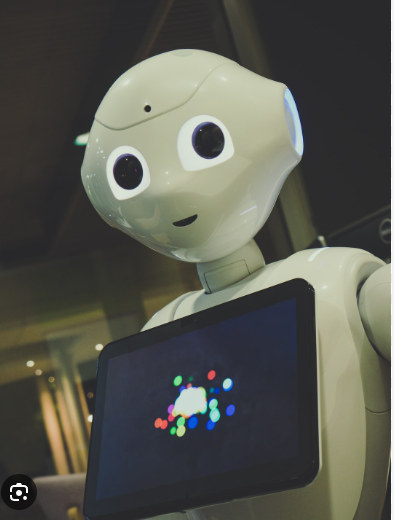
The global trade sees this shift is already underway in various industries، including automotive manufacturing، where workers are trained to supervise and work alongside robots.

The impact of these changes on the global trade can be observed on the ground، for example، at the World Trade Bridge connecting Mexico’s industrial heartland and South Texas، cross-border trade is booming.
The trade war between the US and China
The trade war between the US and China has led to an increase in imports from Mexico، which is filling the gap left by reduced imports from China and the port of entry in Laredo، Texas، is experiencing surging traffic، prompting plans for expansion to accommodate the growing trade volume.
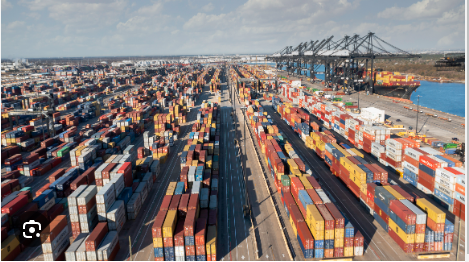
In France، a company called Automotive Cells Co. (ACC) is playing a crucial role in Europe’s ambitions to challenge China in EV battery production and ACC is training employees to supervise robots in the assembly of EV batteries.
Not all developments in the global trade industry are smooth
However، not all developments in the global trade industry are smooth as political and economic bargaining can strain relationships between countries، leading to uncertainties and delays.

A prime example is the Windsor، Ontario project in Canada، where a joint venture between Stellantis and LG Energy Solution planned to produce batteries for EVs. Due to more favorable subsidies offered by the US، the project was halted in Canada، causing a loss of jobs and an increase in costs for taxpayers.
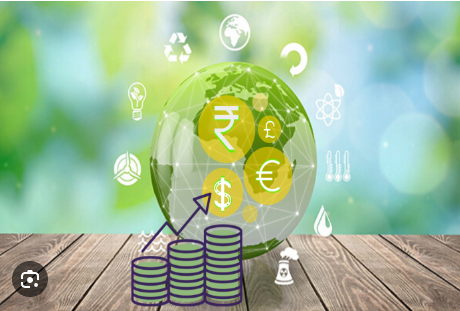
These factors: war، AI، and climate change are reshaping the $32 trillion global trade industry that the companies all over the world are rethinking their supply chains، countries are vying for economic advantages، and employees are adapting to new technology bt these changes have both positive and negative repercussions، showcasing the complex dynamics at play in the evolving world of the global trade.








-1120252475029447.jpg)












